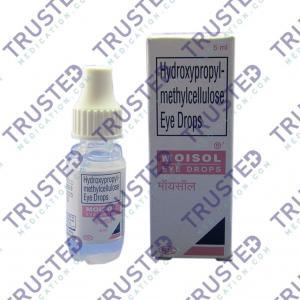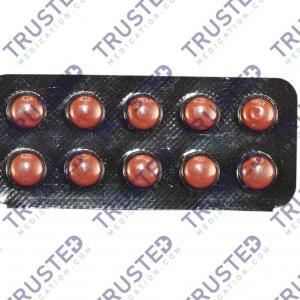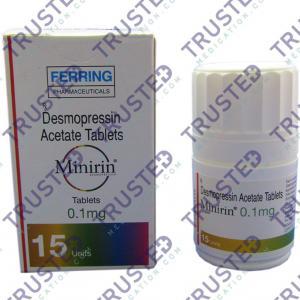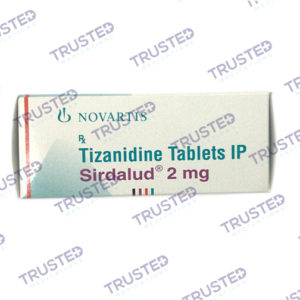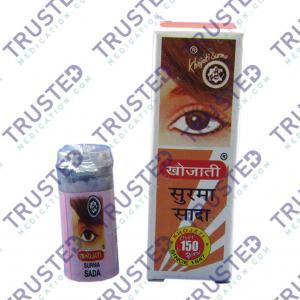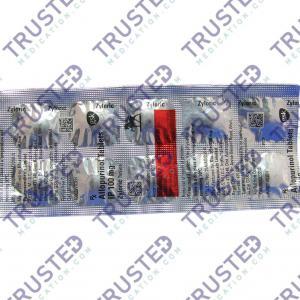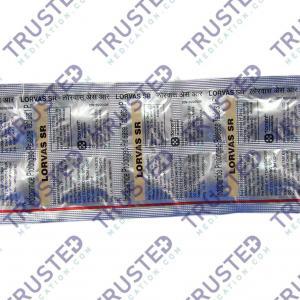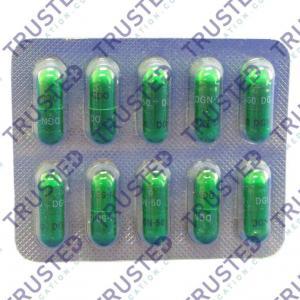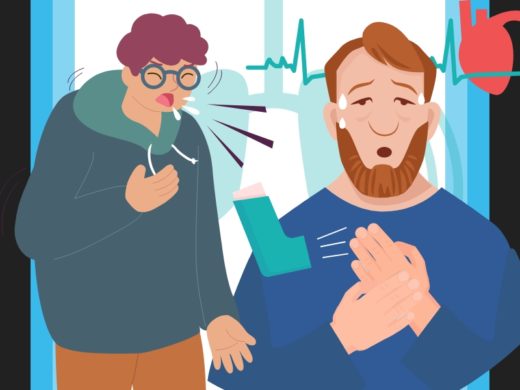
If someone is having an asthma attack, it is important to follow the instructions outlined on their medication. However, if they do not have medication, you can help them by following certain first aid guidelines that are suitable for both children and adults.
What We Know About Asthma
Asthma is a condition that narrows and swells your airways and causes excess mucus production. It can make breathing difficult and trigger coughing, whistling when you breathe out, and shortness of breath. Some people find asthma to be a minor nuisance. In other cases, asthma can be a serious problem that interferes with daily activities and can lead to life-threatening attacks.

Asthma symptoms vary from person to person. You may have infrequent asthma attacks, have symptoms only at certain times, or have symptoms all the time. Asthma signs and symptoms include:
- Chest tightness or pain
- Shortness of breath
- Trouble sleeping caused by shortness of breath, coughing, or wheezing
- Wheezing when exhaling, which is a common sign of asthma in children
- Coughing or wheezing attacks that are worsened by a respiratory virus, such as a cold or the flu
Several factors are thought to increase your chances of developing asthma. They include:
- Having another allergic condition, such as atopic dermatitis which causes red, itchy skin, or hay fever which causes a runny nose, congestion, and itchy eyes
- Having a blood relative with asthma, such as a parent or sibling
- Being a smoker
- Being overweight
- Exposure to exhaust fumes or other types of pollution
- Exposure to secondhand smoke
- Exposure to occupational triggers, such as chemicals used in farming, hairdressing, and manufacturing
Common Over-the-Counter Medications
If you or your loved one has asthma, you should know about the best treatments for short-term relief and long-term control. This will help you and your doctor manage the symptoms.
Quick-Relief Inhalers
- Short-acting beta-agonists
- Anticholinergics
- Oral corticosteroids
- Preventive long-term medications
- Inhaled corticosteroids
- Inhaled long-acting beta-agonists
Combination Inhaled Medicines
- Biologics
- Leukotriene modifiers
- Long-acting bronchodilators
- Corticosteroids
Recommended Medication:
- Salbutamol – this is a bronchodilator medicine that works by relaxing the smooth muscles in the airway which allows air to flow in and out of the lungs more easily.
Things You Can Do When You Don’t Have Your Inhaler
Mild to moderate asthma attacks can occur at inopportune times. You can manage your asthma more effectively with these tips. If these don’t work, call for emergency medical assistance right away.
- Sit upright. This opens your airway. Don’t lie down or bend over, as doing this tightens your airway even more.
- Slow down your breathing by taking long, deep breaths. Breathe in through your nose and exhale through your mouth.
- Stay calm. Anxiety tightens your chest and back muscles, which makes it more difficult to breathe.
- Get away from the trigger. Move into clean air, preferably an air-conditioned environment, and try to take slow, deep breaths once you’re in a safe place.
- Drink a warm, caffeinated beverage, such as coffee or tea. Caffeine has similar properties to some asthma medications and can help temporarily improve airway functions.
- Get medical help. If you can’t get the coughing, wheezing, or breathing difficulties under control, it’s important to get help.

